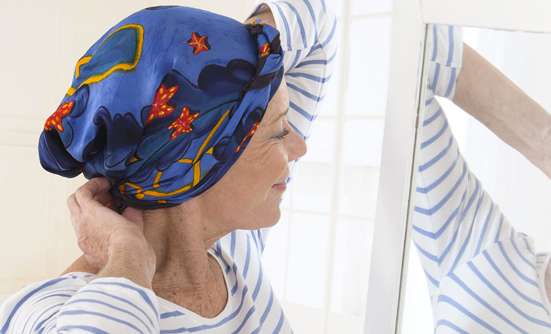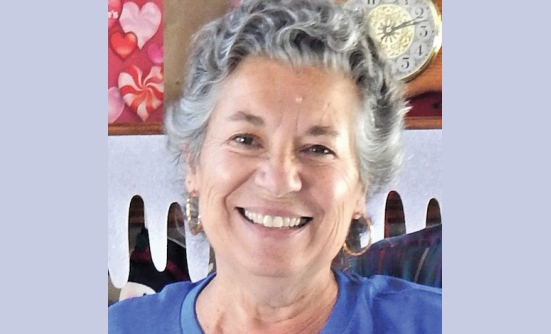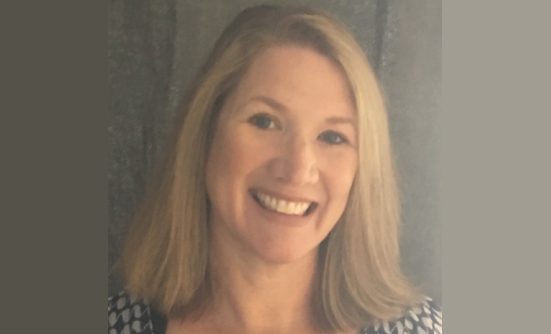We color it, cut it, braid it, shave it, perm it, curl it, straighten it, lengthen it, and comb it over. It’s one of the first things others see when they meet us, and it’s a visual cue to our personality.
There’s no denying that hair is a large part of our identity, so it’s no wonder that hair loss from chemotherapy or radiation is among the top concerns of patients with cancer.
“One of the first questions that many patients ask after diagnosis is, ‘Will I lose my hair?’” says Meredith Cammarata, LCSW, Social Worker at Memorial Sloan Kettering Cancer Center in New York. “It’s a really important question. Knowing that treatment may cause hair loss gives patients the opportunity to be more proactive. This in turn, may make it less upsetting.
“The way a person views their body plays such an important role in a sense of one’s self,” Ms. Cammarata says. “A cancer diagnosis can instantly alter that. Changes in body image can negatively affect self-esteem, mood, and cause a loss of confidence in our abilities.”
Ms. Cammarata points out that hair loss is just as important to men, and it can also affect eyebrows hair, eyelashes, pubic hair, and armpit hair.
Practical Tips
So what should you do when faced with the possibility of hair loss? Ms. Cammarata suggests a few steps that can help to cope with chemo-related hair loss:
1. “First, patients should be aware that appearance-related concerns during cancer treatment are normal and to be expected. Patients need to do what they feel comfortable with. Some patients decide to shave it off before it falls out. Others just wait for it to happen. Some want to wear a wig while others choose to wear bandannas or hats. Some people just choose to go bald. It’s a very individual decision.”
2. “We do recommend that patients interested in wearing a wig see their hairdresser or a wig specialist as soon as possible, so the stylist can see what their natural hair looks like before it falls out.”
3. “Most cancer centers can provide a list of local wig specialists, and patients should check with their insurance companies to see if they will cover all or part of the cost of a wig. The American Cancer Society has information about low-cost or free wigs.”
4. Joining a support group can also help. “Cancer can feel isolating at times. It’s helpful for patients to talk with others who are going through a similar experience. They can get ideas about coping strategies, and what has worked for others. It can be validating to know that the emotions they are feeling are normal. It can also be helpful to see and talk with patients whose hair is growing back, as a reminder that this is only temporary.”
5. It’s also important for patients to speak with their children before starting treatment. “Kids cope better if they receive honest and age appropriate information about what’s going to happen.”















